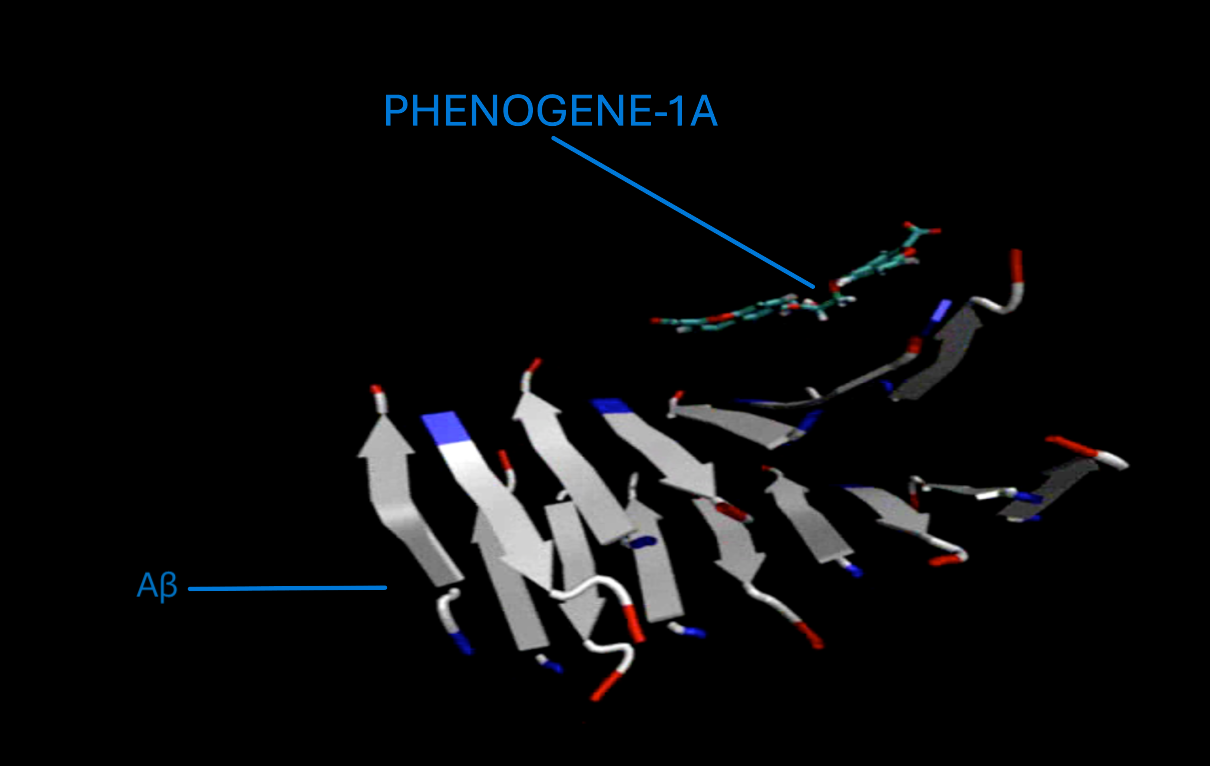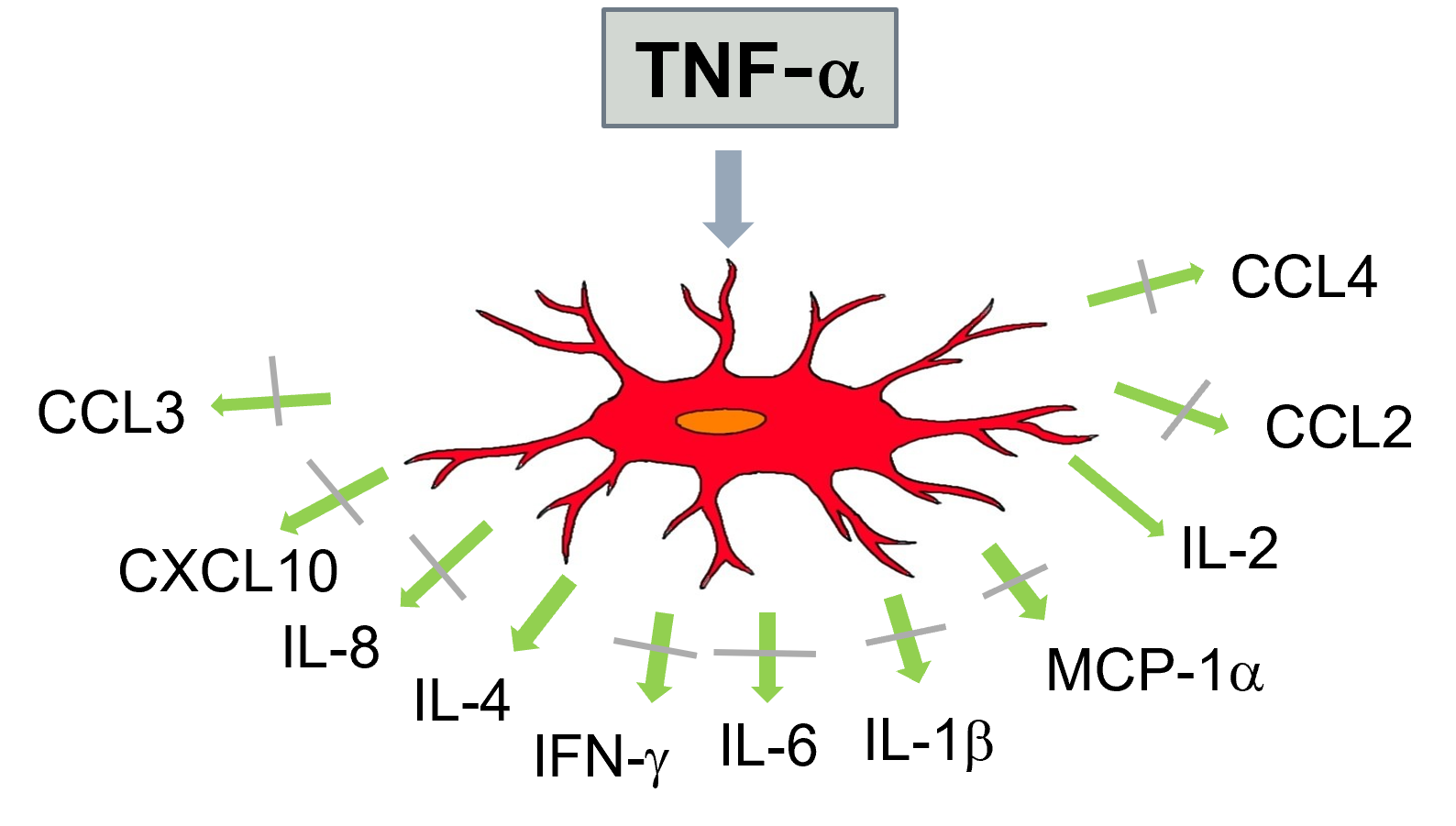OUR SCIENCE
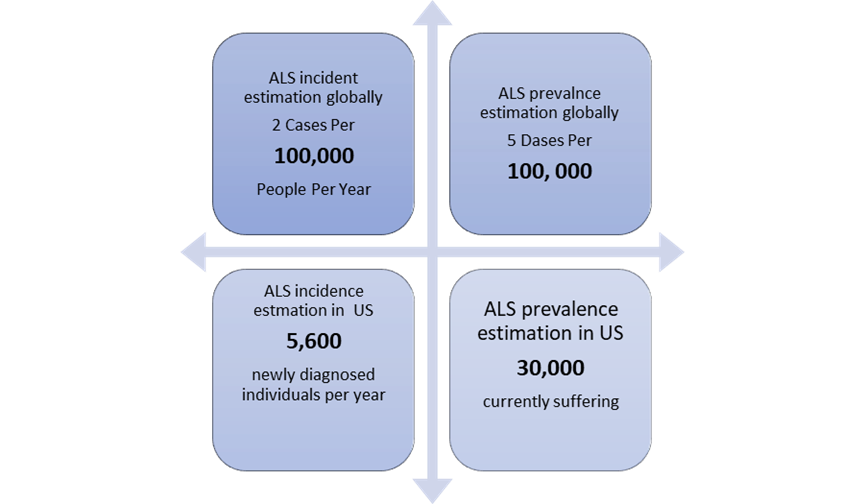
PHENOGENE-1A in Amyotrophic Lateral Sclerosis:
PHENOGENE-1A, an investigational therapy containing cromolyn as its active ingredient, is being developed as an adjunct treatment for mild to moderate amyotrophic lateral sclerosis (ALS), a progressive neurodegenerative disease with limited effective treatments. Cromolyn, a mast cell stabilizer with a long-established safety profile, has been used since the 1970s to treat asthma and related conditions.
Emerging evidence supports the use of cromolyn in ALS due to its anti-inflammatory and neuroprotective properties. Preclinical studies suggest that cromolyn modulates neuroinflammation, inhibits cytokines and chemokines, promotes neurite outgrowth, and suppresses fibrosis (Elmaleh et al., 2019; Wang et al., 2021a; Wang et al., 2021b). In addition to its mast cell-stabilizing properties, cromolyn has been shown to prevent degranulation of mast cells, modulate ion transport by affecting chloride and calcium channels (Franzius et al., 1994; Romanin et al., 1991), and inhibit the production of inflammatory mediators associated with neurodegeneration.
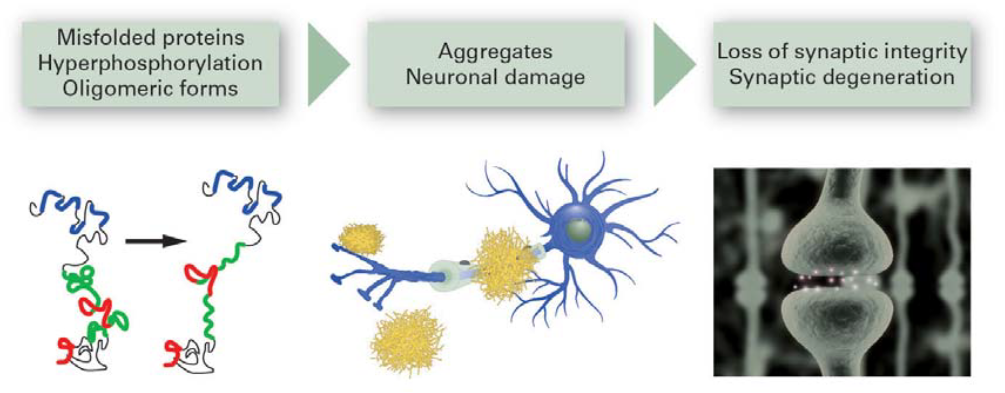
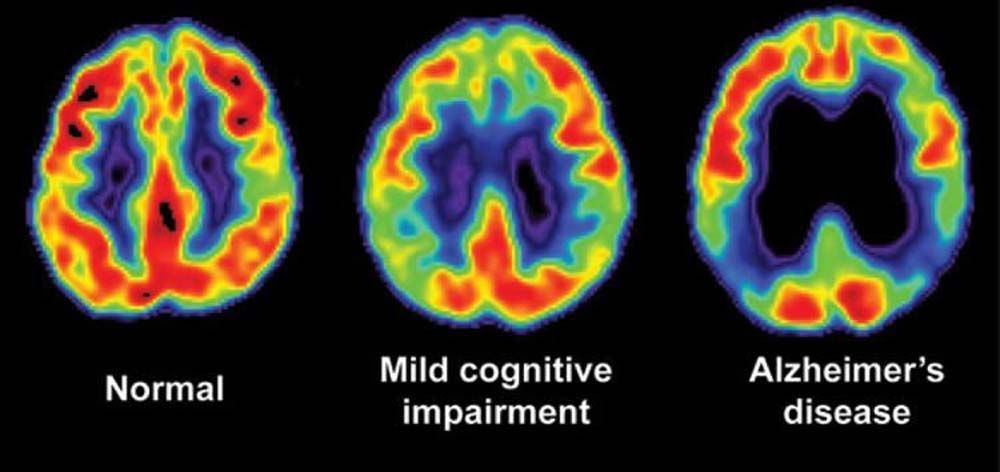

PHENOGENE-1A in Alzheimer Disease:
PHENOGENE-1A
Unique Properties
Targets PI3Kdelta a regulator of immune cell function
- Inhibits pro-inflammatory cytokine production
- Increase protective cytokines
- Shifts microglia into neuroprotective, phagocytic state
- Targets production of neurotoxic peptides by inhibiting the accumulation and oligomerization of Aβ dimers and trimers in nM concentration
- Low dose allows chronic administration with minimal side effects
Mechanism of Action
- Targets Aβ - amyloid monomer aggregation
- Modulates neuroinflammatory pathways
- Enhances synaptic and neurite function
- Potential benefit in APOE4-negative gene carrier subgroups.
This precision-medicine strategy may finally overcome the limitations of past trials by reducing patient heterogeneity and targeting upstream molecular mechanisms.
